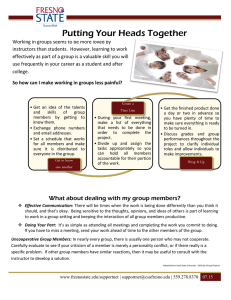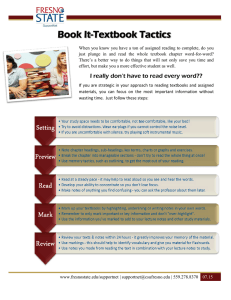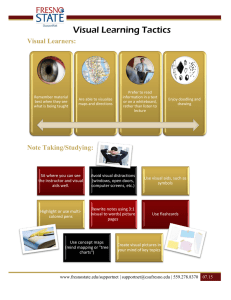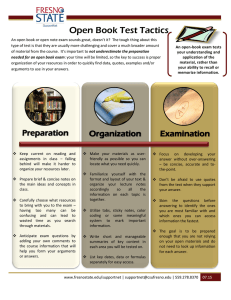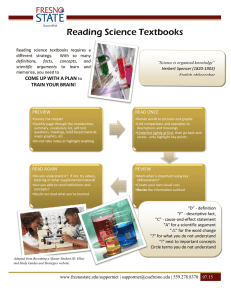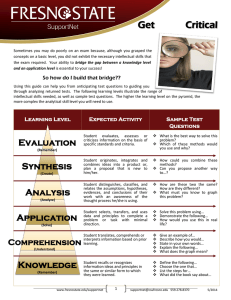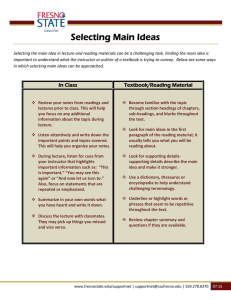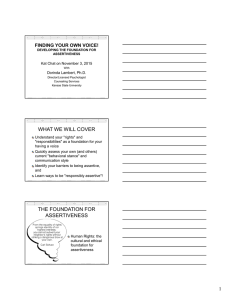Assess Your Assertiveness
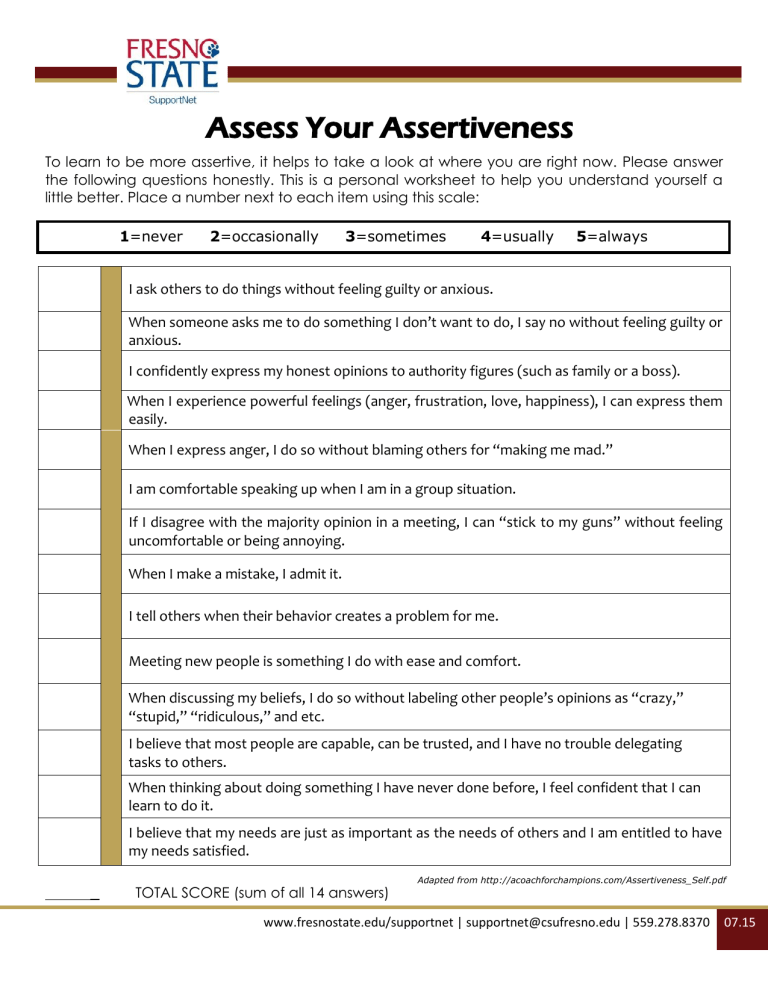
Assess Your Assertiveness
To learn to be more assertive, it helps to take a look at where you are right now. Please answer the following questions honestly. This is a personal worksheet to help you understand yourself a little better. Place a number next to each item using this scale:
1 =never 2 =occasionally 3 =sometimes 4 =usually 5 =always
I ask others to do things without feeling guilty or anxious.
When someone asks me to do something I don’t want to do, I say no without feeling guilty or anxious.
I confidently express my honest opinions to authority figures (such as family or a boss).
When I experience powerful feelings (anger, frustration, love, happiness), I can express them easily.
When I express anger, I do so without blaming others for “making me mad.”
I am comfortable speaking up when I am in a group situation.
If I disagree with the majority opinion in a meeting, I can “stick to my guns” without feeling uncomfortable or being annoying.
When I make a mistake, I admit it.
I tell others when their behavior creates a problem for me.
Meeting new people is something I do with ease and comfort.
When discussing my beliefs, I do so without labeling other people’s opinions as “crazy,”
“stupid,” “ridiculous,” and etc.
I believe that most people are capable, can be trusted, and I have no trouble delegating tasks to others.
When thinking about doing something I have never done before, I feel confident that I can learn to do it.
I believe that my needs are just as important as the needs of others and I am entitled to have my needs satisfied.
Adapted from http://acoachforchampions.com/Assertiveness_Self.pdf
_ TOTAL SCORE (sum of all 14 answers) www.fresnostate.edu/supportnet | supportnet@csufresno.edu | 559.278.8370 07.15
What Your Score Means
55+: You are assertive most of the time and handle most situations well. You might benefit from a few new ideas to improve your skill and effectiveness.
40 to 55: You are fairly assertive. You could probably use some practice to be more consistent in your assertive behavior.
25 to 40: You can be assertive in some situations but your usual response is either non-assertive or aggressive. You might want to work on changing some attitudes, and learning and practicing new assertive behaviors.
10 to 25: You have difficulty being assertive. Use the resources on this web site, practice new behaviors, get support and feedback, and allow yourself time to grow. You can become more comfortable in situations where asserting yourself is important.
Assertiveness is an effective communication method that helps you to express your feelings and thoughts openly and honestly to others. There are two types of ineffective communicators: placating and blaming. Those who placate are “inner critics” who ignore their own feelings and thoughts to please others. Those who blame are “inner defenders” who hold others responsible for their problems so their fears and failures are lessened. Listed below are three effective methods of communication that Virginia
Satir, psychotherapist, calls leveling .
COMMUNICATE
PURPOSEFULLY
COMMUNICATE
HONESTLY
COMMUNICATE
RESPONSIBLY
• Purpose of communication is clear and concise.
• Ability to increase others' understanding of the individual's feelings and thoughts.
• Calm demeanor, even though going through emotional inner conflict.
• Express unpopular thoughts and upset feelings in the service of building mutually supportive relationships.
• For example, "I am angry that you didn't meet me in the library to study for the sociology test as you agreed.
• Use I-messages to express personal responsiblity.
• An effective I-message has four elements:
* A statement of the situation: When you ...
* A statement of your reaction: I feel/thought/decided...
* A request: I'd like to ask that you....
* An invitation to respond: Will you agree to that?
Adapted from On Course: Strategies for Creating Success in College and in Life
Downing, Skip. Sixth Edition www.fresnostate.edu/supportnet | supportnet@csufresno.edu | 559.278.8370 07.15
